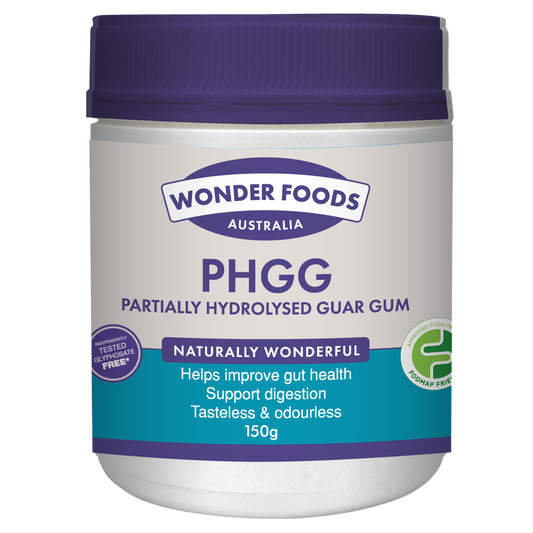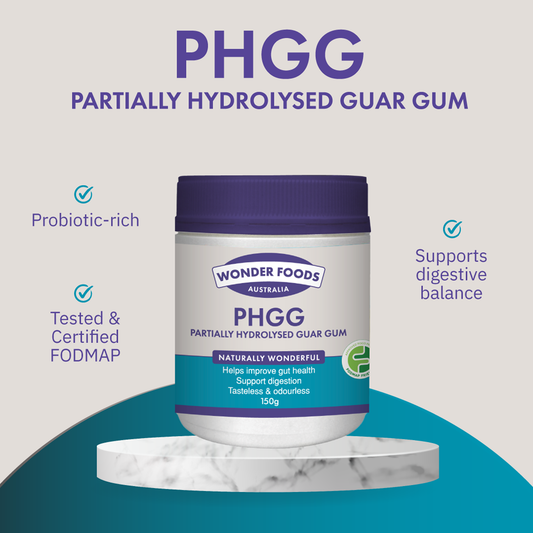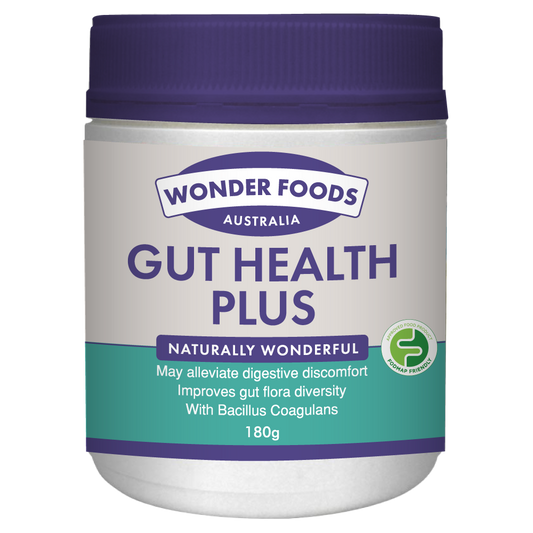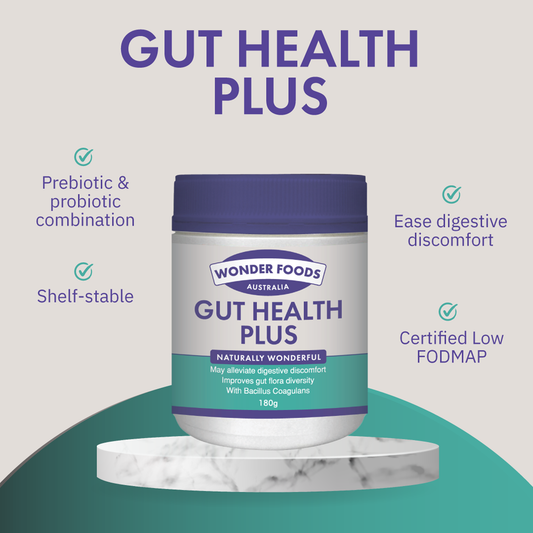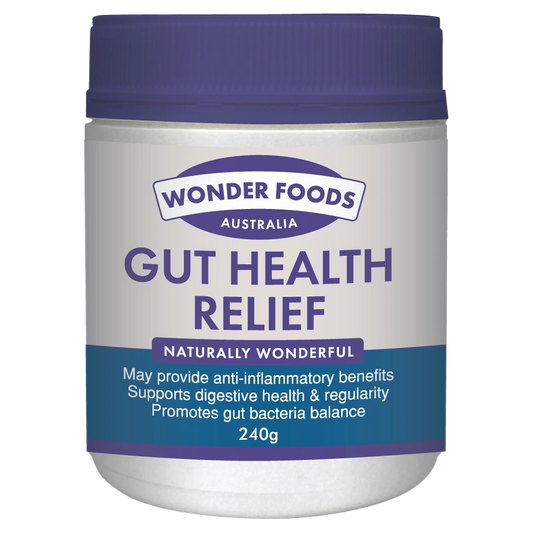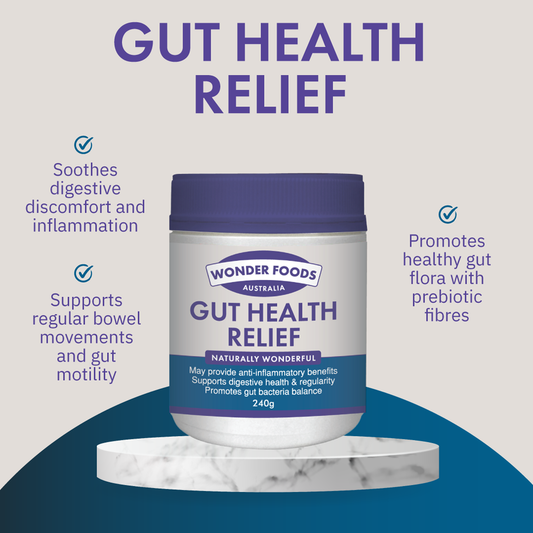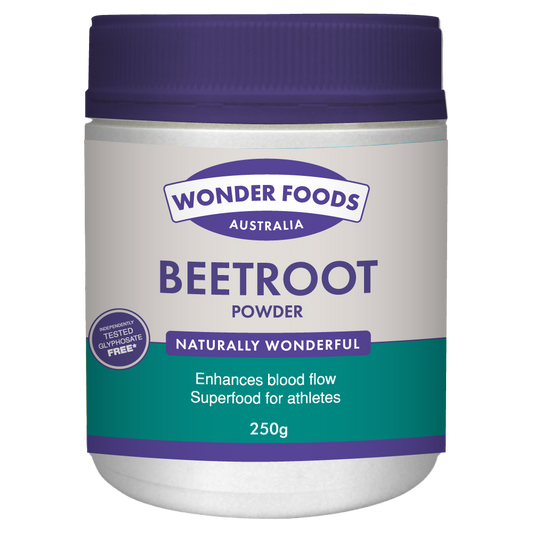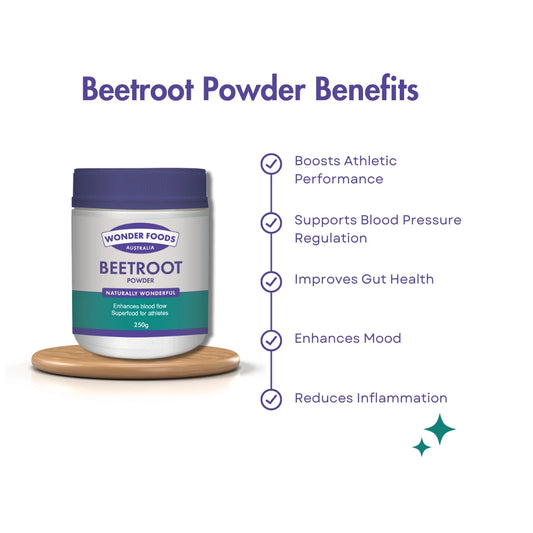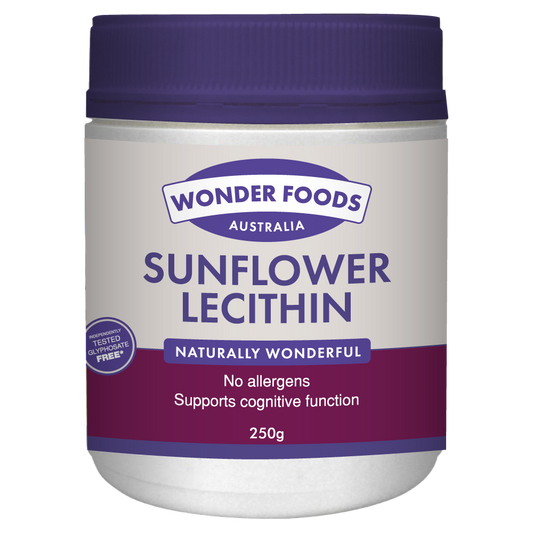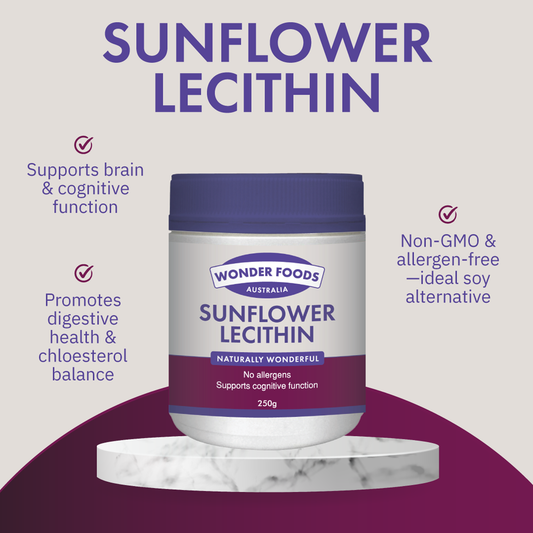
Vitamin C: The Daily Shield for Your Immune System
Wonder Foods offers this post for education purposes only. Please consult your Health Practitioner for personalised and specific information.
Intro
For decades, vitamin C has been the world’s most trusted nutrient.
From sailors avoiding scurvy centuries ago, to today’s families looking for immune support during winter, this humble vitamin has stood the test of time.
But what exactly makes vitamin C so important — and how do you choose the right one?
How Vitamin C Works in the Body
Vitamin C is a water-soluble antioxidant that plays many roles:
- Antioxidant protection: Neutralises free radicals that damage cells.
- Collagen synthesis: Essential for healthy skin, joints, blood vessels, gums and wound repair.
- Immune cell activation: Helps white blood cells respond quickly and effectively.
Without enough vitamin C, immunity weakens, collagen production slows, and overall resilience drops.
Vitamin C and Immunity
One of vitamin C’s most researched benefits is its impact on colds and flu.
- Faster recovery: Studies show vitamin C may shorten the duration and reduce the severity of colds.
- Year-round resilience: Helps the immune system adapt to seasonal changes, travel stress, or busy lifestyles.
This is why many people increase their intake during the cooler months or times of extra stress.
Why Buffered Vitamin C Matters
Not all vitamin C is the same:
- Standard ascorbic acid can be acidic, sometimes causing stomach upset.
- Buffered vitamin C (like our Tangy Vitamin C) is gentler, especially for people with sensitive digestion.
Wonder Foods Tangy Vitamin C combines ascorbic acid with buffered forms, meaning it’s both high-potency and stomach-friendly.
Why Taste Counts (and Compliance!)
It’s simple: if a supplement tastes unpleasant, people stop taking it.
A citrus-flavoured, naturally sweetened powder like Tangy Vitamin C makes compliance easy.
That means you actually get the benefits, every day.
What Is Vitamin C Good For?
Vitamin C supports:
- Immune function
- Collagen production (skin, cartilage, bones, gums)
- Wound healing
- Antioxidant defence (protecting cells from oxidative stress)
- Iron absorption from plant foods
In short: it’s one of the most versatile nutrients in your diet or supplement routine.
Where Can You Get Vitamin C?
You can obtain vitamin C from:
- Foods: Citrus fruits, kiwifruit, berries, capsicum, broccoli, tomatoes.
- Supplements: Moringa Powder, Vitamin C powders or tablets for consistent, reliable dosing.
For those needing higher potency, supplements like Wonder Foods Tangy Vitamin C deliver 1,000mg per serve — more than 10x the vitamin C in a single orange.
Will Vitamin C Help a Cold?
Vitamin C doesn’t necessarily prevent colds entirely, but evidence shows:
- Regular use may reduce the length of a cold.
- Symptoms may be less severe.
- It helps the immune system work at full strength, so your body can fight back faster.
This is why vitamin C is often considered the “go-to” nutrient during cold and flu season.
Which Vitamin C Is Best for Skin?
For skin health, vitamin C is crucial because it:
- Stimulates collagen formation (keeping skin firm and elastic).
- Protects skin cells against oxidative stress (from UV, pollution, lifestyle).
- Aids in wound healing and repair.
Buffered, high-dose vitamin C with added bioflavonoids (like hesperidin) is particularly effective because it’s absorbed well and tolerated by the stomach — meaning your body can actually use it.
How Does Vitamin C Help the Body?
Vitamin C is involved in dozens of biological processes, but key functions include:
- Energy metabolism: keeps cells functioning properly.
- Neurotransmitter production: supports brain health.
- Hormone and enzyme activation: assists with stress and detoxification processes.
- Antioxidant recycling: helps regenerate vitamin E and glutathione, amplifying your body’s defence systems.
Conclusion
From boosting immunity to protecting skin, collagen, and energy, vitamin C is a cornerstone nutrient for overall health.
Choosing a high-potency, buffered, and great-tasting formula makes all the difference.


